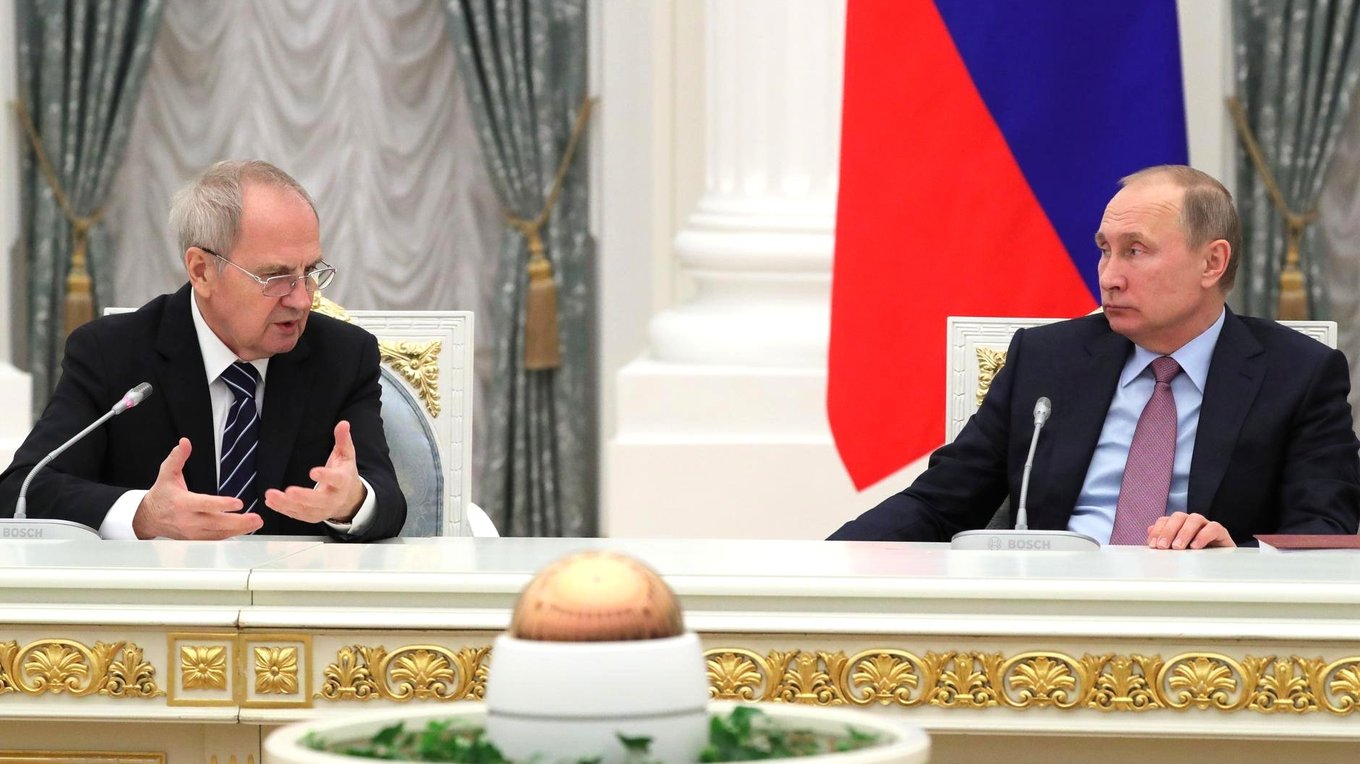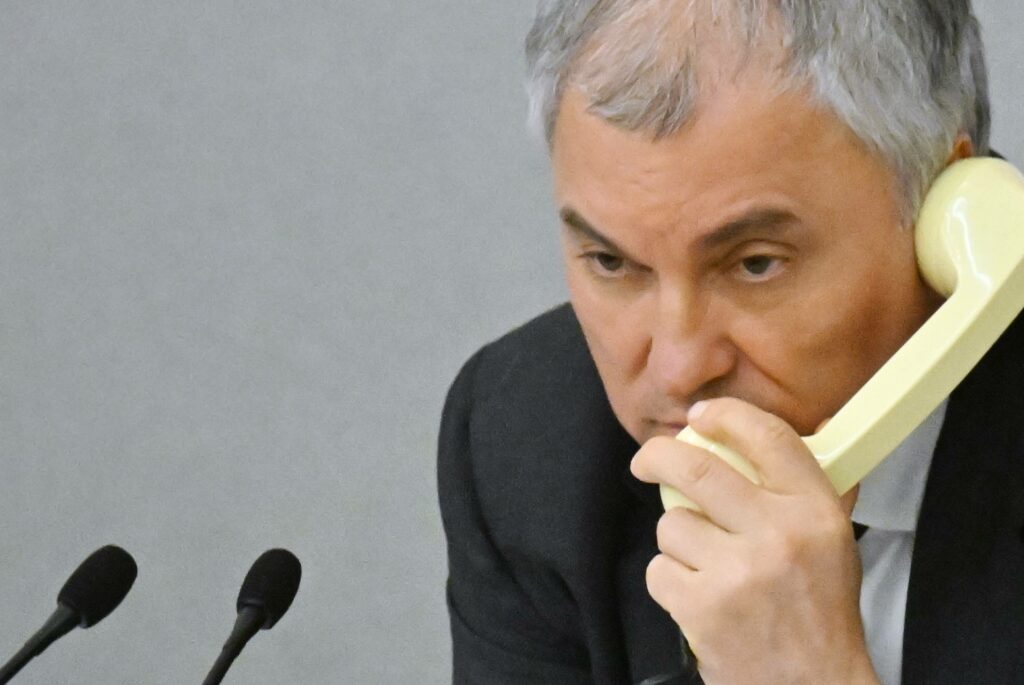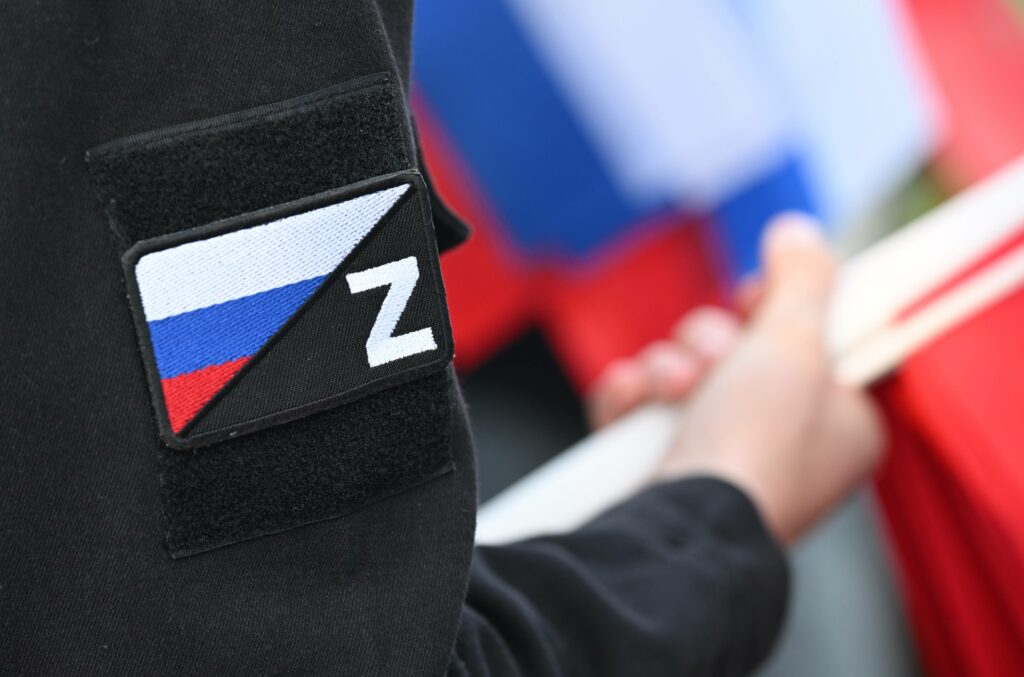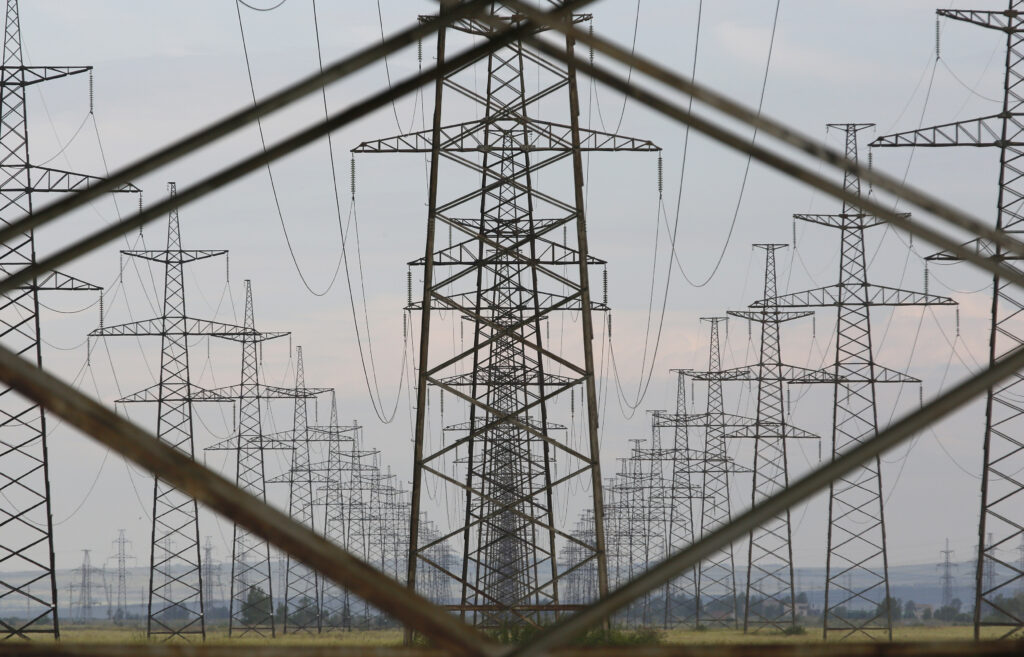Spring and early summer saw a period of protests in Russia. Cyberspace has since been flooded with images of young men and women, hands held aloft, led away by OMON agents.
Many of these protests took the authorities by surprise. A speech by the Chairman of the Constitutional Court of the Russian Federation Valery Zorkin summed up the state’s knee jerk reaction:
“Protection of human rights should not undermine the moral fundamentals of a society and destroy its religious identity. Ensuring the rights of citizens should not pose a threat to state sovereignty. And, finally, protection of human dignity should not lead to a rejection of those moral universal values on which mankind was once based and which have so far allowed it to evade self-destruction”
This speech warrants serious attention. Its presentation of human rights as a potential threat to the state is striking enough, but the speech has added weight because of the political gravitas of Zorkin. As chairman of the Constitutional Court of the Russian Federation (CC RF), his view often reflects the CC RF’s official position. Recently, interpretations of the CC RF have become comparable in terms of legal weight to statutes, which means Zorkin’s words should not be taken lightly.
Zorkin elaborated on this idea during a lecture he gave at the International Legal Forum in Saint Petersburg on May 19, 2017. Undoubtedly, the “alternative” concept of human rights he presented has taken hold in Russia’s legal circles. Further commentary on the same topic has recurrently emerged in official public discourse in recent years.
Zorkin’s principal message? The notion of human rights is a dangerous idea, and one that poses threats rather than delivers benefits, especially given the current “loss of the authority of the law”. It is no coincidence that the semantics associated with human rights comprise negative terms exclusively: violation, collapse, shock, erosion, threat, disaster, suicide, funeral, etc.
In general, the Chairman of the CC RF does not deny this concept as such since, according to him, “human rights cannot be withdrawn from the world we live in,” and “specification of these rights in law forms the text of legal life proper”. However, Zorkin emphasizes that “The present era of change is fraught with risk that the ambient melody of legal texts will resemble a funeral march under the management of a certain type of ‘conductor’ ”. No one had any doubt as to who the ‘conductor’ was: the juxtaposition of the “destructive” West and Russia – “the savior” remains the leitmotif of Russian public discourse. He adds: “Human rights covenants were not adopted in order for mankind to commit suicide”. “We must do everything we possibly can to ensure that the ambient melody of the “legal sphere” does not turn into a death knell; we owe it to those currently alive as well as future generations”. Undoubtedly, the “we” that Zorkin is referring to is Russia.
The sentiment articulated by Zorkin has been legally stipulated. Paragraph 45 of the Concept of Foreign Policy of the Russian Federation – committed to fundamental democratic values including ensuring human rights and freedoms – adopted in November 2016, stipulates that Russia is seeking “to counteract attempts to use the human rights concept as a tool for exercising political pressure and interference in internal affairs of the state, including attempts to destabilize it and replace legitimate governments”.
Therefore, the notion that human rights are a dangerous tool used by the West to destabilize Russian society has been adopted officially. Zorkin has resorted to interpretation and public justification of the new human rights ideology.
The new edition of the concept of inherent rights by Valery Zorkin
In sum, Zorkin proposes that tradition and morality become alternatives to human rights and law (which is not genuine) as such.
In this respect, he opts to hone in on rights which interfere with family and gender values in particular, such as the right to same-sex marriage. These rights are presented as a “direct violation of basic religious commandments” to those of a religious persuasion. They are also referred to as “a painful collapse of traditional moral principles”, “social and psychological shock” and an “erosion of the mass consciousness” to secular people and as a global “moral disaster” (a phrase uttered by Zorkin three times consecutively during his above-mentioned lecture) brought on by the West. This leads to a “total collapse of moral law”, undermines traditions and thereby threatens human reproduction as such.
Soon after, on June 6, 2017, another speech made by Valery Zorkin was published in a Russian newspaper. It was long, lofty, and embellished with citations taken from Russian poetry as well as philosophical and religious treatises. Zorkin criticizes one of the fundamental principles of European legal culture – i.e. the separation of law from morality and religion which has contributed to the existing democratic system. Human rights are described therein as deriving from “pure” rationalism, “unrelated to any ethical framework” – rationalism which is “unbridled and blind” and “is fraught with danger of an apocalyptic sleep”. The words Zorkin used to refer to human rights appear even more gloomy than those of his previous speech: danger, threats, “monster born of reason”, disaster, chaos, and fear. Zorkin adds: “reason becomes destructive whenever it departs from the emotional and moral component of the mind”. Hence, the Chairman of the CC RF raised an issue: “Is it not high time to think seriously about a new ‘edition’ of the concept of inherent rights”?
The concept put forward by Zorkin includes three elements:
– Recognition of interests as human rights shall take into account “the significance of national and regional characteristics”;
– The compilation of a catalog of human rights is impossible without recognition of an individual’s natural obligations (Zorkin even formulates a list of natural obligations including a duty to maintain and preserve the sovereignty and integrity of the country);
– Only rights which represent “values permanent and inviolable to all” should be regarded as human rights.
The Constitutional Court of the Russian Federation is designated as an institution empowered to determine permanent values. In Zorkin’s opinion, the CC RF is the only institution entitled to a “legitimate interpretation of meaning”, that is to constitutional norms. On the other hand, Zorkin rejects the democratic mechanisms of legitimizing the law since “the majority is often blind” and it leaves the question of “ethical principles of law” open.
It is clear why the Chairman of the CC RF, a renowned lawyer of the Russian Federation, and a lawyer who should remember one of the main legal principles of the separation of law from morality and religion, embarked on a contemplation about morality and ethical principles. The rule of law and human rights, even when they exist in diluted forms (as in Russia today), raise the question of the legitimacy of power through legal mechanisms. Given all the restrictions that are typical of today’s regime, formal recognition of human rights makes it possible, on occasion at least, to identify loopholes by virtue of which (occasional and sporadic) pressure can be exerted on the authorities. As a result, the authorities are forced to provide explanations. Attempts to replace law by morality and religion, presented as a distinctive, superior Russian phenomenon in contrast to the West, are targeted at change in the type of legitimacy – i.e. unconditional devotion is to be a manifestation of morality. It is no coincidence that talk of whether Russians citizens want Putin to be a tsar have emerged in public discourse.
On the other hand, the issue of ethical or unethical in the area of human rights shifts discussion about the obligations of the state to its citizens from the legal sphere (which is explicit and has its prescribed mechanisms of responsibility) to the moral sphere (whose boundaries are always vague and flexible). As a result, the authorities are able to delegalize the rights they consider to be inconvenient simply by declaring them unethical.









